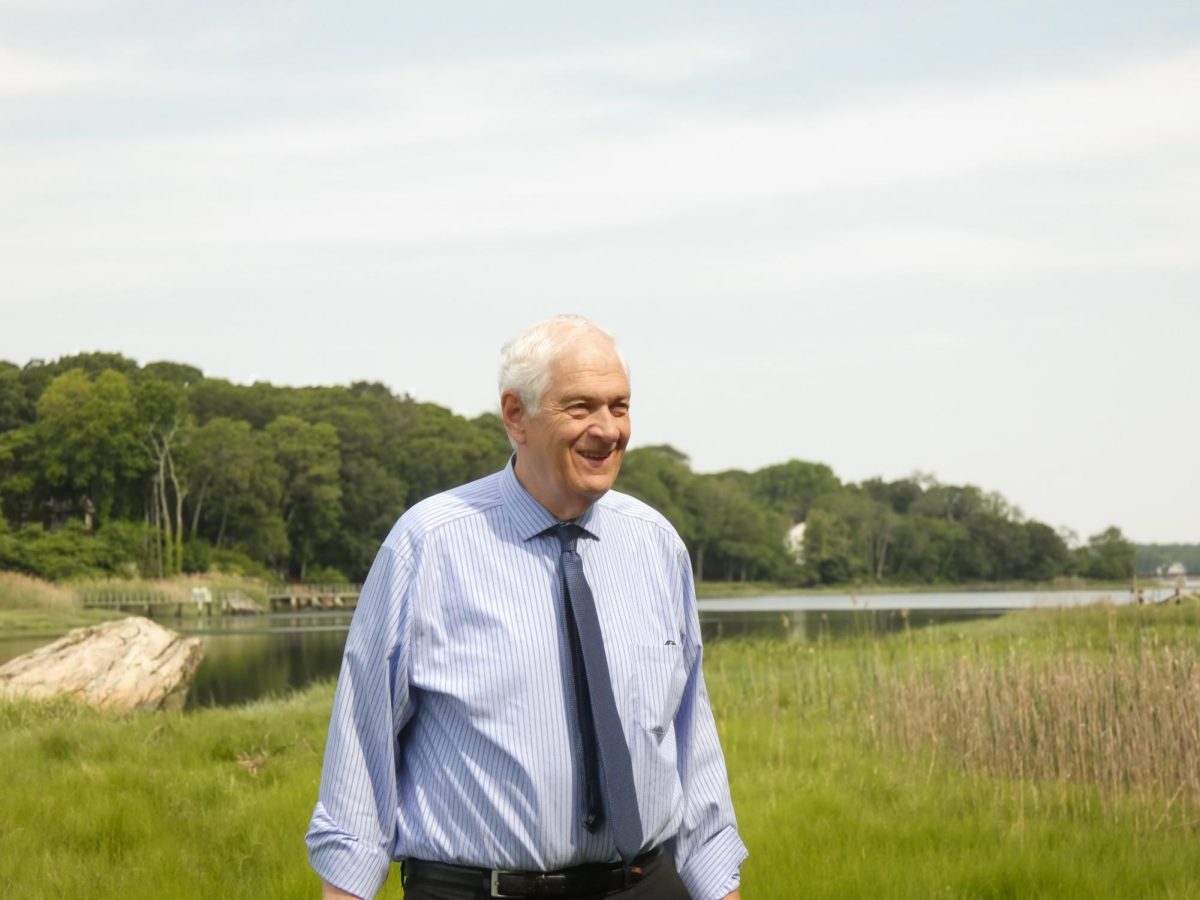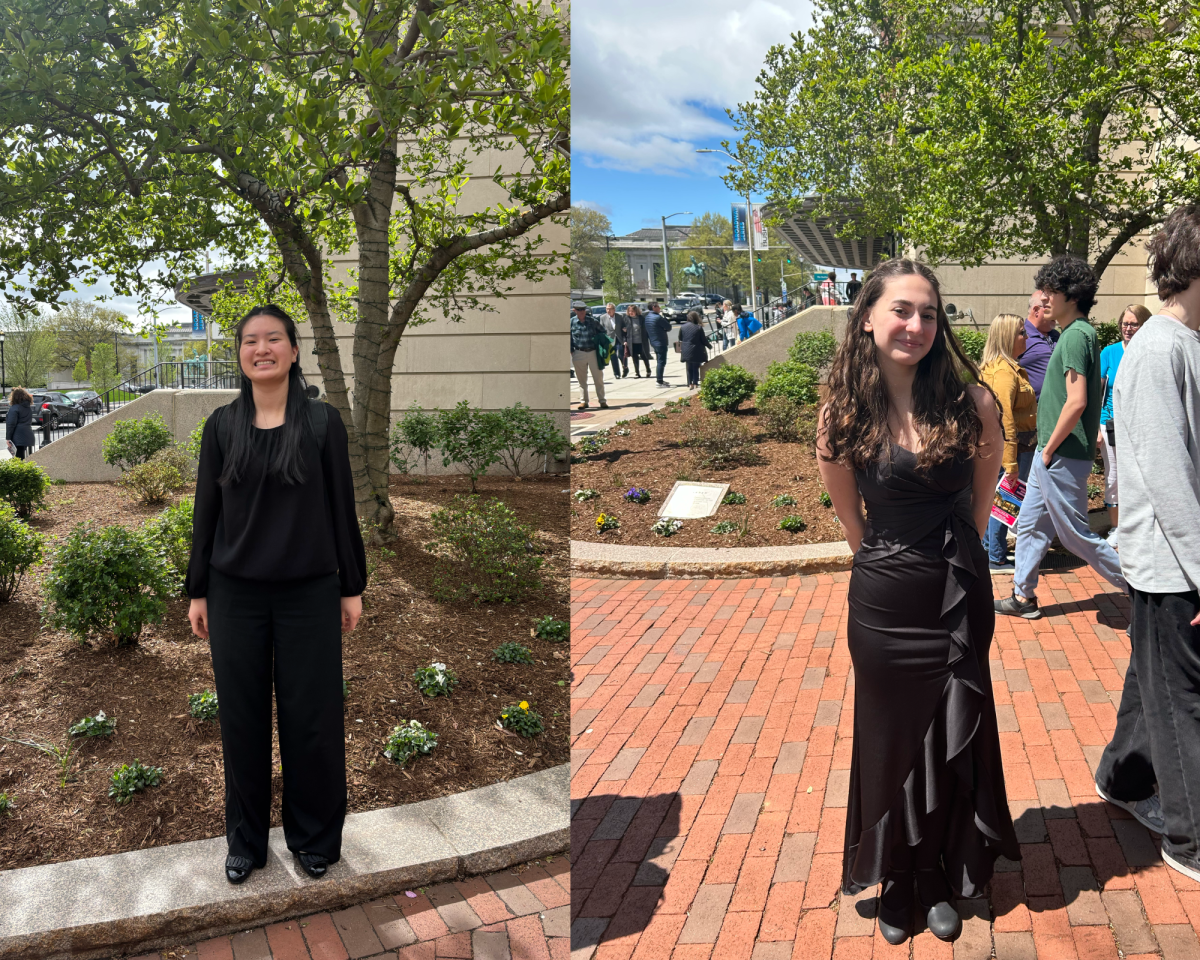On September 24, 55-year-old Marcellus Williams was put to death by lethal injection at a prison located in Bonne Terre, Missouri. In 2001, Williams was convicted for the murder of 42-year-old Felicia Gayle, a former reporter in St. Louis who was found stabbed to death in her home in 1998. Williams had maintained his innocence since his conviction.
Williams’ case had two eyewitnesses: his girlfriend Lara Asaro and Henry Cole, an inmate in the St. Louis City Jail. Both witnesses claimed that Williams had admitted to killing Gayle. Investigators were led to Williams’ car, wherein a number of the victim’s belongings were found. Bloody footprints and unknown hairs were found at the crime scene, neither of which had any connection to Williams. In 2016, testing concluded that Williams’ DNA was not present at the site of the murder.
Last year, however, it was revealed that the knife used for the murder was mishandled by the prosecutor’s office during the initial investigation. This left the possibility that the criminal’s DNA could have been removed during the mishandling, and weakened Williams’ case. The Missouri Supreme Court rejected St. Louis County Prosecuting Attorney Wesley Bell’s appeal to send the case back to a lower court for a “more comprehensive hearing,” and Governor Mike Parson denied clemency.
Former Missouri Governor Eric Geitens paused Williams’ execution in 2015, creating a board to investigate the case and determine if clemency should have been granted. However, once Governor Parson took office in 2018, he disbanded the board and canceled Williams’ stay of execution. Williams’ defense attorney stated in court documents that, “The Governor’s actions have violated Williams’ constitutional rights and created an exceptionally urgent need for the Court’s attention.” The board was unable to issue a final decision, and Williams’ execution was rescheduled for a second time.
Parson defended his decision to proceed with the execution in a statement that read, “Mr. Williams has exhausted due process and every judicial avenue. … Mr. Williams’ punishment will be carried out as ordered by the Supreme Court.”
The prosecutor’s office and the victim’s family made a concerted effort to stop the execution in the weeks leading up to Williams’ death. The Gayle family stated that they never wanted a death sentence, as Gayle herself didn’t believe in the death penalty. Despite public concerns, state-level officials pushed for the execution.
Additionally, concerns over racial bias in Williams’ 2001 trial arose after a prosecutor admitted to striking a potential juror from the courtroom due to the fact that he believed the juror looked like Marcellus Williams, a statement which has led Williams’ attorneys to claim that the trial was unfair.
Williams’ attorneys attempted an appeal to the Supreme Court in the days leading up to the execution. Their appeal was denied. Marcellus Williams died at about 6 p.m. Central Time on September 24, 2024. His last statement read “Praise Be To Allah In Every Situation!!!”









